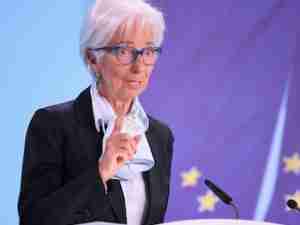"Almost all economic indicators are pointing upward," according to Tim O'Neill, Executive Vice President and Chief Economist, BMO Financial Group. "Employment has continued to rise at a brisk pace, with strong gains in construction, mineral mining, and oil and gas extraction. Exports, manufacturing shipments, and retail sales have all been rising by more than 10%. Wage gains have been amongst the strongest in the country," said Dr. O'Neill.
Even the agricultural sector is showing strength, despite the ban on live cattle exports to the United States. Farm cash receipts are up by more than eight percent, with gains for grains, oilseeds, hogs and poultry more than offsetting losses by cattle operations.
"Clearly, expectations for continued healthy growth in the global economy, a robust energy sector, and Alberta's fiscal strength position the province for strong medium-term expansion," concluded Dr. O'Neill.
In 2005, high energy prices, though off their 2004 peaks, should sustain construction and oil and gas sector activity. The Alberta government lists 1,047 major projects currently under construction, proposed, or recently completed, with a value totaling $94 billion in September (up 16 per cent from a year earlier). By value, two-thirds of these projects are in the oil and gas sector.
Manufacturing should also continue to do well, with healthy gains by food processors, metal fabricators, and manufacturers of wood products, computers and electronics, and machinery and equipment.
Oil and gas royalty revenues are rolling in for the government. Each US$1 increase in the price of oil adds about $65 million to the government's coffers, while each 10 cent increase in the price of natural gas adds $105 million. Alberta's spring budget assumed that oil prices would average US$26.00/barrel during the 2004-05 fiscal year, and that natural gas prices would average C$4.20/mcf. However, the actual prices have averaged more than US$41/barrel for oil and near C$6.50/mcf for natural gas.
The government has used this revenue windfall to eliminate its gross debt and increase spending by $1.4 billion (6.2 per cent), over and above the 2.6% increase allocated in the spring budget. "This increase in expenditures includes an expanded capital spending program, rebates for natural gas customers, agricultural assistance, and health and education initiatives," said Dr. O'Neill.
Only the housing market is looking at declines this year. After topping 36,000 units in 2003, housing starts are projected to decline to just under 34,000 in 2004. (Canada NewsWire)



